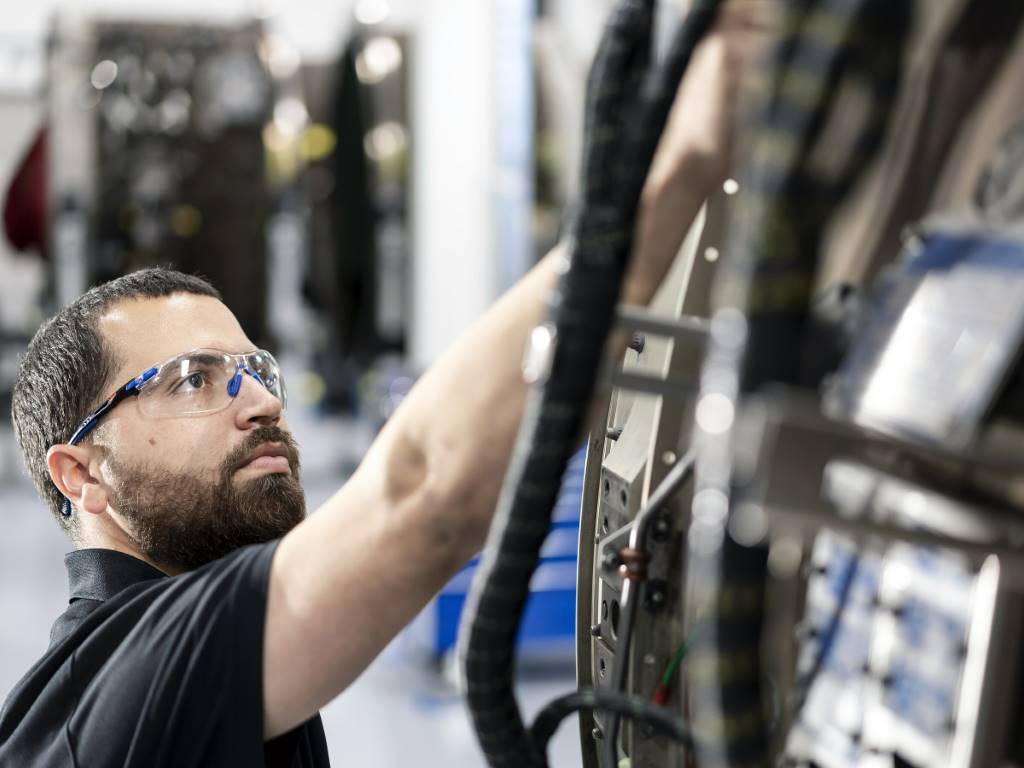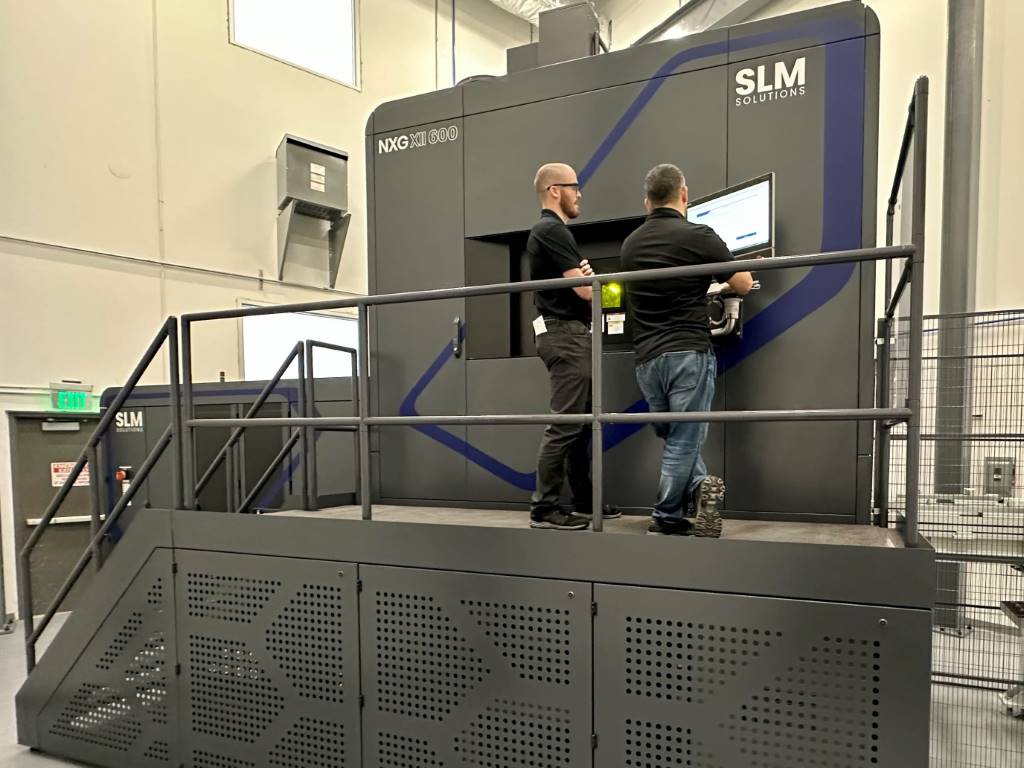The supply chain challenge
Mike Richardson talks to two companies involved in the Airbus A380 superjumbo manufacturing supply chain to discover the kinds of technical challenges they've conquered to stay onboard the programme.
Many aerospace manufacturing hubs around the world continually demonstrate some of the finest examples of supply chain collaboration and advanced engineering capability on offer. Clustered around aerospace hotspots, these manufacturing SMEs offer attractive business partnerships to major aerospace OEMs and primes – none more so than those involved with Airbus and its incumbent A380 supply chain.
The world's largest commercial aircraft showcases a triumph for innovation and it's all made possible by the number of firms that operate within these aerospace regions and founded on a core technological competency. It's interesting to understand how these companies first became involved in Airbus' call for tender bids.
According to Mark Howitt, business development manager for Tekdata Interconnections, the company is the only European cabling organisation to be made a global partner for the Goodrich Corporation.
“We are a preferred supplier to Goodrich Actuation Systems and as soon as cabling was required in their systems, they came to us,” he begins. “We designed and assembled the cables and harnesses to Airbus' and Goodrich's standards; the main challenge was overcoming the lack of space. The A380 is the first aircraft to use fly-by-wire on the flap actuation systems and the control boxes had to fit within the confines of the wing spars, which made the designs very difficult to produce.
“At times, power and sensitive signals passed through the same connector, but more often than not, it was a question of finding ways to reduce the space required by backshells. We also had the challenge to reduce weight, which we did using lighter constructions of both cables and connector back ends, and also by introducing the ‘header' principle which eliminates the need for the more bulky and heavier two-part connector system. The timeframe presented against the size of the project was a significant challenge to everyone in the supply chain.”
Another business playing a key role in the A380 supply chain is cutting tool specialist, Unimerco. Aerospace sales manager, Gavin Cresswell says that the Company has been involved in the A380 programme from inception, working closely with its project engineers to solve demanding applications for one-shot, large diameter drill-countersink holes on its gear rib automated wing drilling equipment (GRAWDE) machines.
“We currently service our existing range of cutting tools using our ReNew process to guarantee repeatability of tool life and hole specification performance,” he reveals. “We also provide high-level technical support, helping Airbus to achieve its constant cost reduction and process reliability targets. As an example, we're currently supporting a project to increase tool life using the bespoke design of minimum quantity lubrication (MQL) drills and drill-countersinks for the stringer to skin assembly on Electroimpact's low voltage electromagnetic impact riveter (LVER) machines.”
What aspects helped influenced Airbus to select them as suppliers to the programme? Howitt reckons Tekdata was selected because of its experience in working with Airbus on a wide variety of both civil and military aircraft and other aerospace programmes, finding appropriate solutions to diverse challenges and delivering on schedule to stringent quality standards.
“We have the space to grow and the well-proven capability to train new staff to our exacting standards,” he maintains. “We're probably the most innovative cable, harness and cabinet manufacturer and have excellent and mutually beneficial relationships with our suppliers.”
According to Cresswell, Unimerco was selected initially due to its high levels of technical competence for problem solving and hole production and repeatability.
“As we're located only a short distance from Airbus Broughton, we can service the customer very well,” he states. “Coupled with our world-class test and development facility at our Danish headquarters, it allowed Unimerco to develop cutting tools within the limits of the Airbus process. The success we've gained from the A380 contract, along with other projects has enabled Unimerco to be selected as a strategic supplier and one of only five in the UK.”
In overcoming the barriers to engagement and winning private sector contracts for the A380, Howitt claims Airbus didn't want to engage directly with cabling manufacturers outside its current supplier base.
“For this reason, we have been unable to introduce our weight and space-saving technologies onto the aircraft cabling, only onto systems cabling within it,” he says. “The other issue is Airbus' requirement for systems manufacturers to absorb development costs which of course, it seeks in turn to roll down to its supply chain. The scale of the project was also challenging – 119 unique harnesses and 51 mould tools to be designed, made and qualified in six months.”
According to Creswell, the amount of benefit Unimerco has enjoyed from winning the A380 supply chain contract is significant: “The main benefit for Unimerco has been the elevation of our profile within Airbus. We have constantly achieved impressive results for Airbus which has led to us being a major contributing partner on the new A350 programme and legacy programmes such as A321 and A330.” As for Howitt: “Every programme adds to our credibility and track record; the A380 is prestigious, which all helps.”
In hindsight, would they have done anything differently to the way they originally handled the contract engagement? Howitt feels Tekdata has learnt constantly from its programme involvement and has already implemented many lessons in managing large projects.
“The A380 project undoubtedly contributed to us winning a seven-figure dollar contract,” he states. “This meant leading a collaborative project into a major element of the programme, comprising both innovation and a keen supply chain.”
To sum up, it's worth asking each company what will be the biggest business challenges next year in maintaining their relationship with both Airbus and its tier one suppliers.
“Our relationship on existing products with Goodrich is still going strong and we are working with them on several product developments,” Howitt ends. “We are looking to work with Airbus on future developments, but there remain the same barriers to entry.”
Cresswell adds that the biggest challenge to his business over the next year is having enough engineers to support ongoing projects within aerospace. “Finding experienced staff for both internal and external roles is challenging,” he concludes. “Some years ago we introduced an apprenticeship scheme for grinding technicians and now have excellent ties with local schools and colleges.”
www.tekdata-interconnect.com
www.unimerco.com












